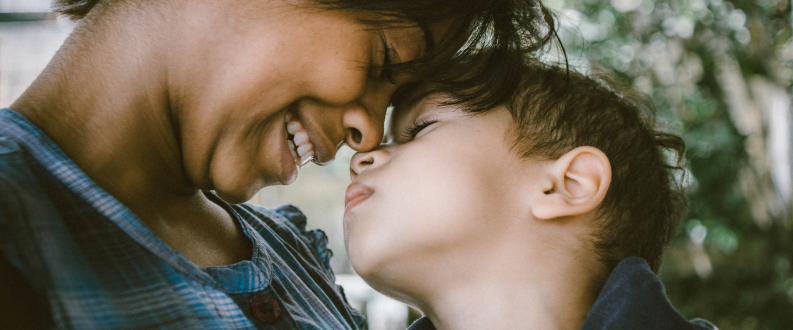9-11 MONTH
Sleep Schedules
A series of guides, sleep schedules, and average sleep needs that outline realistic sleep expectations for each age.
Feeling overwhelmed? Tried everything, with no success? I'm here for you.
Check out your support optionsRealistic Sleep Expectations
By 9 months, your child should be handling two naps a day pretty easily. Both of these naps will now need to be at least one full sleep cycle in length (60 minutes) in order for your child to be able to handle the longer wakeful windows required for a two nap schedule. Unlike at 8 months where a third nap can still be required from time to time, by 9 months, a third nap can actually contribute to shorter naps and less overnight sleep as it prevents enough sleep drive from building up during the day.
Also, remember that once that third “bonus” nap is dropped, your child’s bedtime will need to sneak up a bit earlier to accommodate these larger wakeful windows. Not by much though...sometimes just a half hour will do to avoid overtiredness come bedtime.
Once you’re settled onto this two nap schedule, stop and take a deep breath, parents! This is the start of a six month period (give or take) where your child’s schedule will fluctuate very little compared to previous months. Gone are the constant changes of newborn sleep patterns. Raise your glasses to that! What you’ll see instead is a schedule that follows the clock more than wakeful windows, with babies preferring to sleep around the same time each day.
Over the next couple of months, you might notice a very gradual increase in wakeful windows. If your baby is now having more consolidated sleep overnight, they will likely be able to handle up to 3 hours + before their morning nap. Enjoy this period of relative calm. Some might say it’s the calm before the “storm” (or in this case, the 12 month developmental leap).
Example sleep schedule for a 9-11 month old
Don’t forget, there could still be some variability from one day to the next, and from baby to baby at this age. Continue to follow your baby’s sleepy signs to determine if these wakeful windows work for them.
9-11 month
Developmental Considerations
Solids
Don’t forget that with this increase in physical activity, your child will be expending more energy and will be hungry! No need for protein shakes just yet, but increases in appetite with solids and nursing/bottles will be obvious to most. Remember that milk will continue to be your baby’s primary source of nutrition up until their first birthday.
Gross Motor Skills
Crawling and pulling to stand. On the floor. By the tub. On the coffee table. IN THE CRIB. Your kiddos are going to want to practice these new skills everywhere! And all the time…Even. During. Sleep. Yes, at this age, it is very common for babies to have shorter naps as they are awoken with the excitement to go practice their new tricks. It is also common to see wakeful periods overnight where babies can be found moving around all over their cribs and checking out the view from each corner. If you’re lucky, you might even witness some crib yoga (downward dog is a favourite!) Thankfully, these night wakings are typically happy wakings - of course unless your child still requires your help to get back to sleep, and then this can mean more wakings for you as well. Not so happy. You can expect this developmental leap to last until your child has mastered these skills, sometimes well into 10 months of age. Provide your child with lots of safe and unscripted opportunities to explore their environments and practice their new skills. Walking is just around the corner!
Separation Anxiety
Your baby is starting to see the world from a whole new perspective. Upright! Their once previously small intimate surroundings have now vastly increased. For some time, this will be scary to them and they will retreat to their “home base” - You! Thus begins a period where separation anxiety peaks, and they become extremely clingy, especially to their primary caregiver. This is 100% normal and will decrease once they begin to feel more confident navigating within their big new world.
Night Feeds
Most babies, if left to wean on their own overnight, tend to do so somewhere around this age as they enter into this relatively calm period. If this happens, that’s amazing! Enjoy it! But remember, neither sleep, nor caloric needs “improve” linearly. Once your child starts walking, they may very likely return to needing a feed or two overnight. This should never be considered a “step-back”.
Support options for parents of 9-11 month olds
I can support you no matter your sleep concern, goals or budget.
Wanna chat?
I want to make sure I'm the right fit for your family. Select a time that's convenient for you and I will give you a call.

The Sleep Parenting program is amazing in that it offers unparalleled support through teething, sickness, developmental leaps, travel, daylight savings, etc. The time allotted takes into account that your baby is going to change and what you're really developing are the skills to be able to respond and support your child through those challenges which lead to longer naps, better overnights and thankfully a rested and happy mama. I am so thankful.
Kate
(John's mom)








